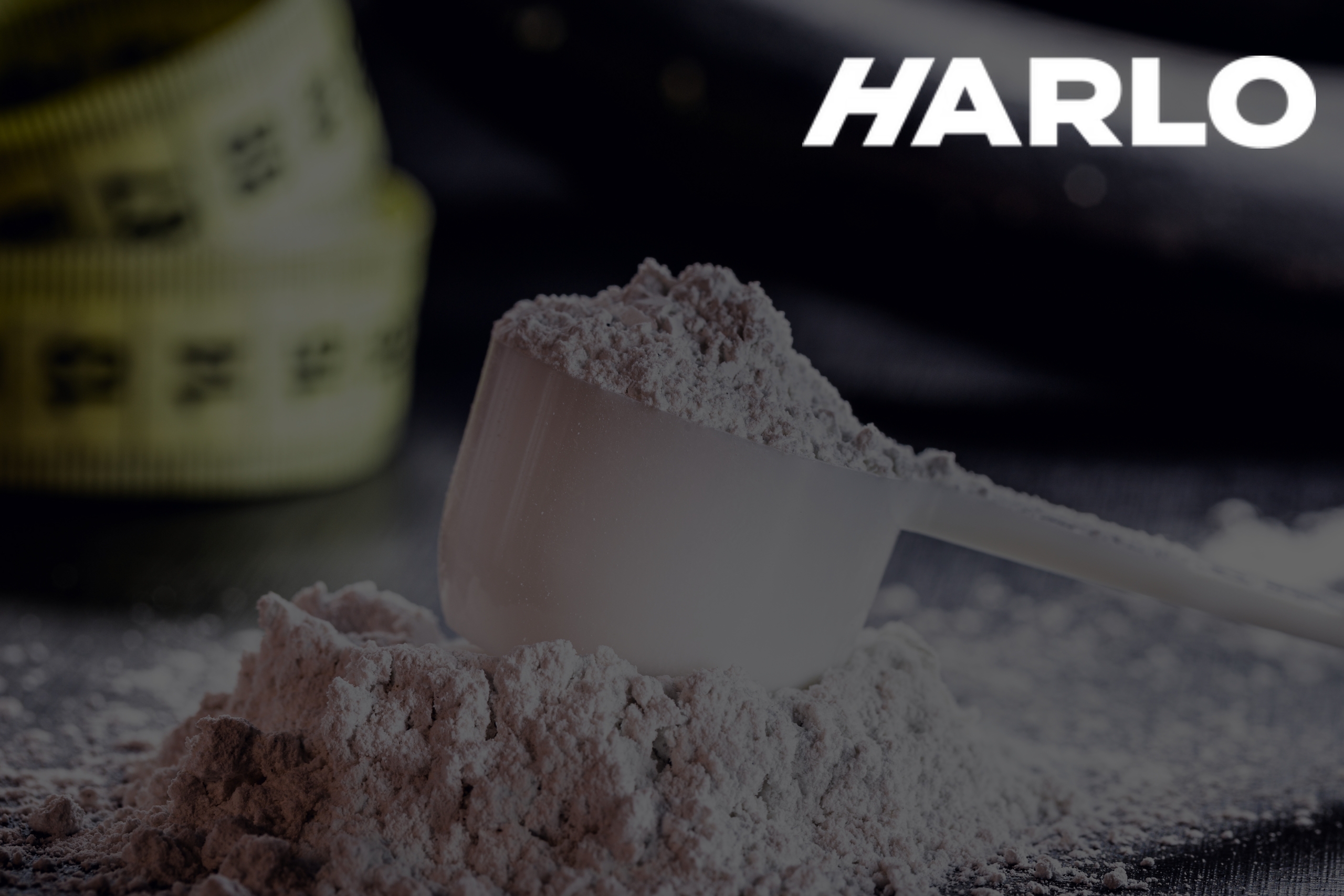
Collagen, a structural protein found abundantly in the human body, plays a critical role in maintaining the health and vitality of various bodily tissues. Derived from the Greek word “kólla,” meaning glue, collagen binds our cells together and provides strength, elasticity, and support to our skin, bones, tendons, and other connective tissues. Its importance in the body cannot be overstated, making it a subject of fascination and research within the field of biology.
One of the numerous types of collagen is derived from bovine sources, known as bovine collagen. Extracted from the skin, bones, and muscles of cattle, bovine collagen shares striking similarities with human collagen, making it an ideal source of this crucial protein for supplementation purposes. Due to its compatibility with our bodies, bovine collagen is increasingly used in various industries, including pharmaceuticals, cosmetics, and the ever-growing market for food and dietary supplements.
What Exactly is Bovine Collagen?
Bovine collagen refers to collagen obtained from cows or bovine sources. Collagen is a fibrous protein that is the main component of connective tissues in animals, including skin, bones, tendons, and cartilage. Bovine collagen is widely used in various industries, including food, pharmaceutical, and cosmetic industries, due to its beneficial properties.
The source of bovine collagen is usually the hides or bones of cows. These sources undergo a process called hydrolysis, where the collagen is broken down into smaller peptides, making it easier for the body to absorb and utilize. Bovine collagen is rich in amino acids, particularly glycine, proline, and hydroxyproline, which are essential for maintaining skin elasticity, promoting bone health, and supporting joint function.
Bovine collagen is available in different types, mainly categorized as Type I, Type II, and Type III collagen. Type I collagen is the most abundant type found in the human body and is crucial for skin, bones, tendons, and ligaments. Type II collagen is mainly found in cartilage and is beneficial for joint health. Type III collagen is often found alongside Type I collagen and is important for supporting the structure and elasticity of organs and blood vessels.
Due to its diverse applications and potential health benefits, bovine collagen is commonly found in various products, such as dietary supplements, skincare products, and medical devices. However, it is always important to ensure the quality and safety of bovine collagen products, considering the source and manufacturing process.
Benefits of Bovine Collagen
Bovine collagen, derived from the skin, bones, and connective tissues of cows, offers a plethora of benefits for overall health and wellness. One of the primary advantages of bovine collagen is its positive impact on skin health. As we age, our collagen levels decline, leading to wrinkles, sagging skin, and loss of elasticity. Bovine collagen supplements can boost collagen production in the skin, resulting in improved skin hydration, a reduction in the appearance of fine lines and wrinkles, and firmer, more youthful-looking skin.
Another crucial benefit of bovine collagen is its effect on joint health. Collagen is a vital component of cartilage, the connective tissue that cushions joints and allows for smooth movement. Bovine collagen can help maintain and repair joint cartilage, reducing pain and inflammation associated with conditions such as arthritis. Regular consumption of bovine collagen supplements may contribute to improved joint mobility and flexibility.
Additionally, bovine collagen can support gut health by promoting the growth of beneficial gut bacteria, improving digestion, and reducing symptoms of digestive issues such as bloating and discomfort. The amino acids found in bovine collagen can help repair and strengthen the gut lining, which can contribute to improved overall gut function.
Furthermore, bovine collagen supplements have been shown to have positive effects on hair and nail health. The amino acids in collagen provide building blocks for hair and nail proteins, leading to stronger, healthier hair and nails. Bovine collagen can enhance hair thickness, reduce hair loss, and promote nail growth and strength.
How Bovine Collagen is Used
Bovine collagen is a highly beneficial substance that is commonly used in various industries, including dietary supplements, topical products, and medical applications. With its numerous advantages, this natural protein has gained significant popularity.
In the dietary supplements industry, bovine collagen is widely utilized due to its ability to promote joint health and improve skin elasticity. It is often included in capsules or powder form, allowing individuals to easily incorporate it into their daily routine. Bovine collagen supplements have been shown to support the regeneration of cartilage, reduce joint pain, and enhance skin hydration and elasticity.
Topical products, such as creams and serums, also utilize bovine collagen for its remarkable anti-aging properties. When applied to the skin, it helps to stimulate collagen production, resulting in tightened and plumped skin. Its ability to smoothen fine lines and wrinkles make it a popular ingredient in various anti-aging skincare products.
Moreover, bovine collagen has found considerable use in medical applications such as wound healing and reconstructive surgeries. Due to its biocompatibility and biodegradability, it can effectively promote tissue regeneration, aiding in the healing process and providing support to damaged tissues.
Safety and Considerations
When it comes to safety and considerations, it is important to be aware of potential risks and side effects, allergies and sensitivities, as well as recommended dosages. These factors play a crucial role in ensuring the well-being of individuals using certain products or medications.
One of the primary concerns in terms of safety is understanding the potential risks and side effects associated with a specific product or medication. It is essential to thoroughly read and follow the manufacturer’s instructions and warnings, as they often provide important information regarding possible adverse reactions or interactions with other substances. By being aware of these risks, individuals can take necessary precautions and avoid any potential harm.
In addition, allergies and sensitivities are significant safety considerations. Some individuals may have allergic reactions or sensitivities to certain ingredients or components in products. It is crucial to carefully review the ingredients list and seek medical advice if there are concerns about potential allergies. This can help prevent any adverse allergic reactions and ensure the safety of individuals using the product.
Furthermore, recommended dosages should always be strictly followed to ensure safety and effectiveness. Overdosing or underdosing can have serious consequences and may result in adverse effects or reduced efficacy. It is important to consult healthcare professionals or follow the provided instructions to determine the appropriate dosage for each individual.
Overall, safety and consideration are vital when using any product or medication. Being aware of potential risks and side effects, allergies and sensitivities, and recommended dosages can minimize the chances of harm and promote overall well-being.

Conclusion
In conclusion, the future outlook for bovine collagen appears promising. With the increasing demand for collagen in the beauty and healthcare industries, the market for bovine collagen is expected to grow significantly in the coming years. Bovine collagen is widely used in cosmetic products for its anti-aging and skin rejuvenating properties. Additionally, it is also utilized in the pharmaceutical industry for various medical applications, including wound healing, tissue regeneration, and drug delivery systems. The rising awareness among consumers about the importance of collagen in maintaining healthy skin, hair, and nails is driving the demand for bovine collagen-based supplements.
Furthermore, ongoing research and development efforts are focusing on improving the extraction and production methods of bovine collagen, aiming to enhance its quality and bioavailability. Advancements in biotechnology and the development of innovative delivery systems are expected to pave the way for new applications of bovine collagen. Overall, the future of bovine collagen looks promising, with the market poised for considerable growth and opportunities for manufacturers and suppliers in the industry.







